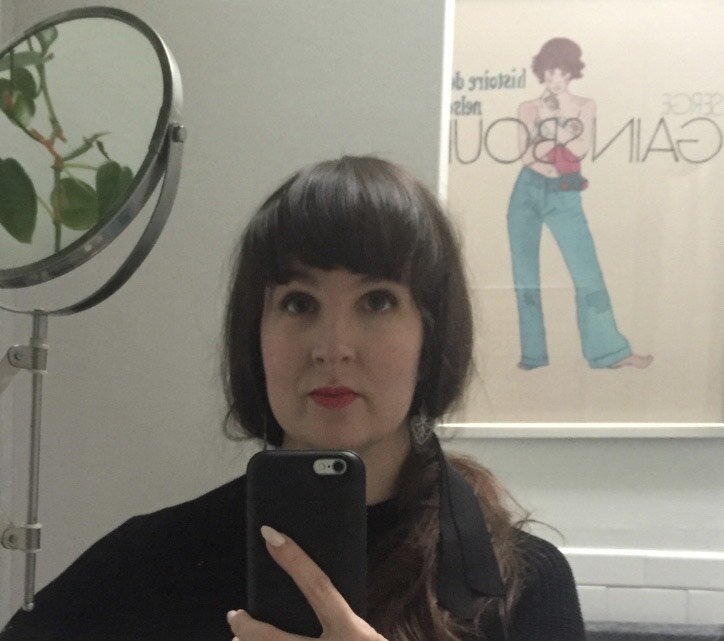Keren Piao graduated from Zhejiang University (Class of 2019) with double degree of History and Japanese Language and literature. Her motivation in east Asian culture and history was originally triggered by her Korean Chinese background. Some of her research interests include ethnic Korean immigrant culture and history, East Asian Buddhism studies and ethnic minorities in China.
Keren’s path to oral history budded during her undergraduate when she was engaged in an oral history project of a rural clan rooted in Zhejiang. The fieldwork comprises with local belief of Zhejiang Province and immigrant history of local clan. Through re-collecting local pedigree and chorography, she found how the moral value in text recordings was reflected in physical relics like shrines and inscriptions. During interviewing left-behind elderly folks, she was able to take a glimpse of the trace of immigrant history of local clan.
Illuminated by how personal narratives echo the weight of individual as witness of history, Keren was thrilled to join 2020 cohort of OHMA. She is looking forward to diving deeper into historical conversation with ethnic Korean immigrants after the Korean War.








